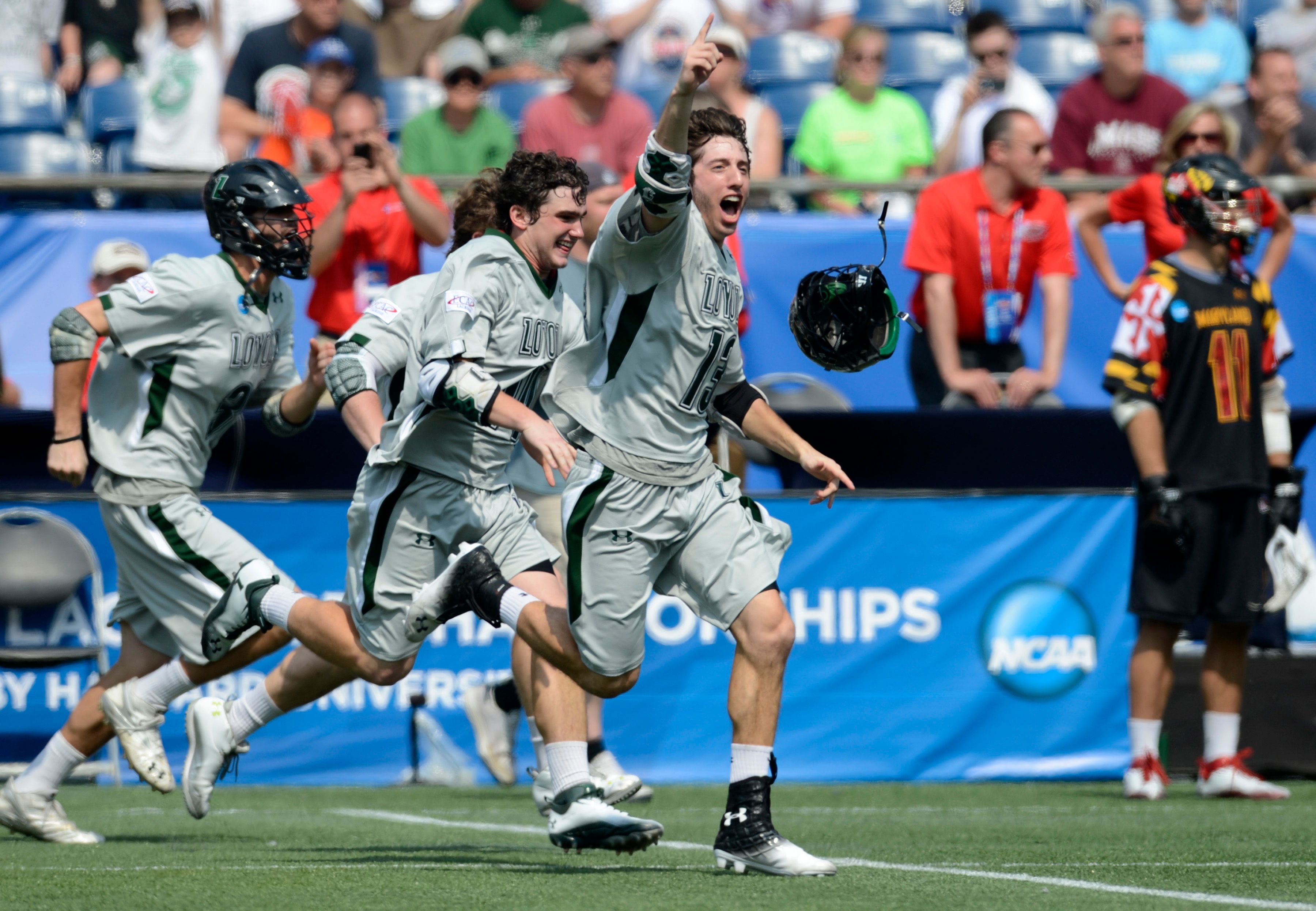AP survey: ADs concerned NIL will skew competitive balance
College athletes will soon be permitted to be paid sponsors, social media influencers, and product endorsers. Change is imminent, but not everyone in college sports believes it is for the better as athletes get closer to earning money from third parties to use their name, image, or likeness (NIL).
In an Associated Press survey of Division I athletic directors, nearly 73% said allowing athletes to be compensated for NIL use will decrease the number of schools with a chance to be competitive in college sports. Almost 28% said many fewer schools would be competitive.
“NIL will be a game changer for all,” one respondent said. “Many will get out of college athletics as this is not what they signed up for. Schools should resist NIL and go Ivy (League) non-scholarship model. I do not see why NIL is suitable for all. Tulane athletic director Troy Dannen was among the 15% of ADs who believed NIL payments would not impact competitive balance.
“The kids going to Alabama are still going to go to Alabama. The kids that are going to Southern Cal are still going to go to Southern Cal. The kids that are going to Tulane are still going to go to Tulane,” said Dannen, whose school competes at the top tier of Division I football (FBS) in the American Athletic Conference.

Most survey respondents came from schools outside the Power Five conferences, the wealthiest and most potent in college sports (Atlantic Coast, Big 12, Big Ten, Pac-12, and Southeastern). Nearly 69% of respondents came from the 22 conferences that do not play FBS football. Only 10% of respondents came from the Power Five.
Clemson athletic director Dan Radakovich, whose school competes in the ACC and has had one of the most successful football programs in the country in recent years, said he doesn’t believe NIL compensation will damage competitive balance. But he was sympathetic to schools with smaller budgets that have those concerns. “But Furman’s cross-country team has … consistently been superior to Clemson because they have concentrated
on it,” he said. “They’re going to concentrate on the sports they think will give them the best opportunity to succeed. With NIL, without NIL, I don’t think that they’re going to be on the same level as us in certain sports. Loyola Maryland athletic director Donna Woodruff said her position on NIL compensation has “evolved a little bit,” and she is less concerned about its impact on competitive balance.athletes in those sports could become more popular than they might at schools where the football or basketball programs draw most of the attention. There is also a growing belief in college sports that athletes best positioned to cash in their fame might not necessarily be those whose teams get the most TV time but those with the most social media followers. So there may be a disproportionate opportunity or an imbalance, but I don’t think it’s as great as some may fear,” Woodruff said.




